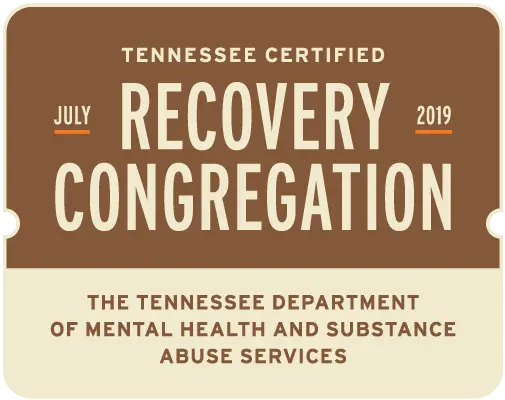My cocaine use was somewhat unusual because it wasn’t my drug of choice. I wasn’t Tony Montana, as much as I liked to think I was. Cocaine was more of a complement to everything else I used. I didn’t use it casually; I binged to avoid hangovers or to smooth the transition between highs.
With cocaine, the party went on longer. I could drink for 12-14 hours without blacking out or puking—issues that were becoming frequent with my drinking. After the bar closed, the night would always continue at someone’s house, with cocaine keeping the party going until it was gone.
Because cocaine was more of a “supplement,” I didn’t acknowledge it as quickly in my recovery. But eventually, I realized my refusal to address my cocaine problem jeopardized my sobriety. Without the tools I learned for alcohol and other drugs, I could have justified using cocaine. But addicts like me don’t use substances like normal people. We don’t have moderation.
It took time, but I eventually accepted that cocaine—my beloved party companion—was something I could never use successfully. In my experience, unless you fully concede that you can’t use any substance, sobriety won’t last.
I went through alcohol and cocaine withdrawals many times, and I can’t stress enough the importance of professional help. I never had long-term sobriety without residential treatment (outpatient didn’t work for me unless it followed time in inpatient care).
Cocaine Withdrawal Symptoms
Cocaine withdrawal is like taking out a loan—while high, you borrow good feelings, but during the “crash,” you pay the price. This rebound effect happens as your body tries to regain balance.
- Cocaine Cravings: Cravings are intense during withdrawal, driven by the desire to reduce withdrawal symptoms and relive the cocaine rush.
- Mood Changes: Feelings of depression, anxiety, or irritability are common but pass as acute withdrawal ends.
- Fatigue: Exhaustion sets in as your body recovers from sleepless, energetic highs.
- Sleep Problems: Insomnia or vivid, unpleasant dreams are frequent during withdrawal.
- Depression: After depleting the brain’s “feel-good” chemicals, many experience a deep, temporary crash.
Tips for Managing Cocaine Cravings
Cravings come in waves—building, peaking, and subsiding. To manage cravings:
- Stay Busy: Keep your mind distracted to lessen the desire to use.
- Exercise: A simple workout can reduce cravings by releasing endorphins and changing how your body feels. Start slowly if you’re fatigued, and keep workouts under two hours to avoid replacing one addiction with another.
Tips to Combat Cocaine Withdrawal Symptoms
If you’ve been using cocaine, whether occasionally or regularly, you’ll likely experience withdrawal symptoms when you stop. The severity of these symptoms depends on how long and frequently you’ve used. The initial “crash” can last from hours to days.
In early stages of addiction, withdrawal may resolve within 24 hours. However, long-term users may experience Post-Acute Withdrawal Syndrome (PAWS), which includes lingering symptoms like anxiety and sleep problems that can last weeks or even months.
Tips for Managing PAWS:
- Talk to someone: Share your feelings with a trusted friend or therapist.
- Educate yourself: Learning about addiction can help put your symptoms into perspective.
- Explore spirituality: Whether through mindfulness or another meditation practice, spirituality can help combat mental turmoil.
- Maintain balance: After getting sober, focus on healthy habits—eating well, exercising, meditating, and staying engaged in recovery programs.
Tips for Managing Cocaine Withdrawal Depression
Withdrawal depression is temporary but can feel intense. To manage it:
- Prepare with non-drug activities: Watch a favorite comedy or spend time with supportive people.
- Remember it will pass: Withdrawal depression only lasts for a few days. If your mood stays low or includes harmful thoughts, seek professional help immediately.
Ready to Start Your Recovery Journey?
If you or a loved one is struggling with cocaine withdrawal or addiction, Discovery Place is here to help. Our team of experienced professionals offers comprehensive, compassionate care to guide you toward lasting sobriety. Don’t wait—reach out today to learn more about our programs and start your path to recovery. Call us anytime at 1-800-725-0922 or fill out our contact form to take the first step. Your best life is within reach.


